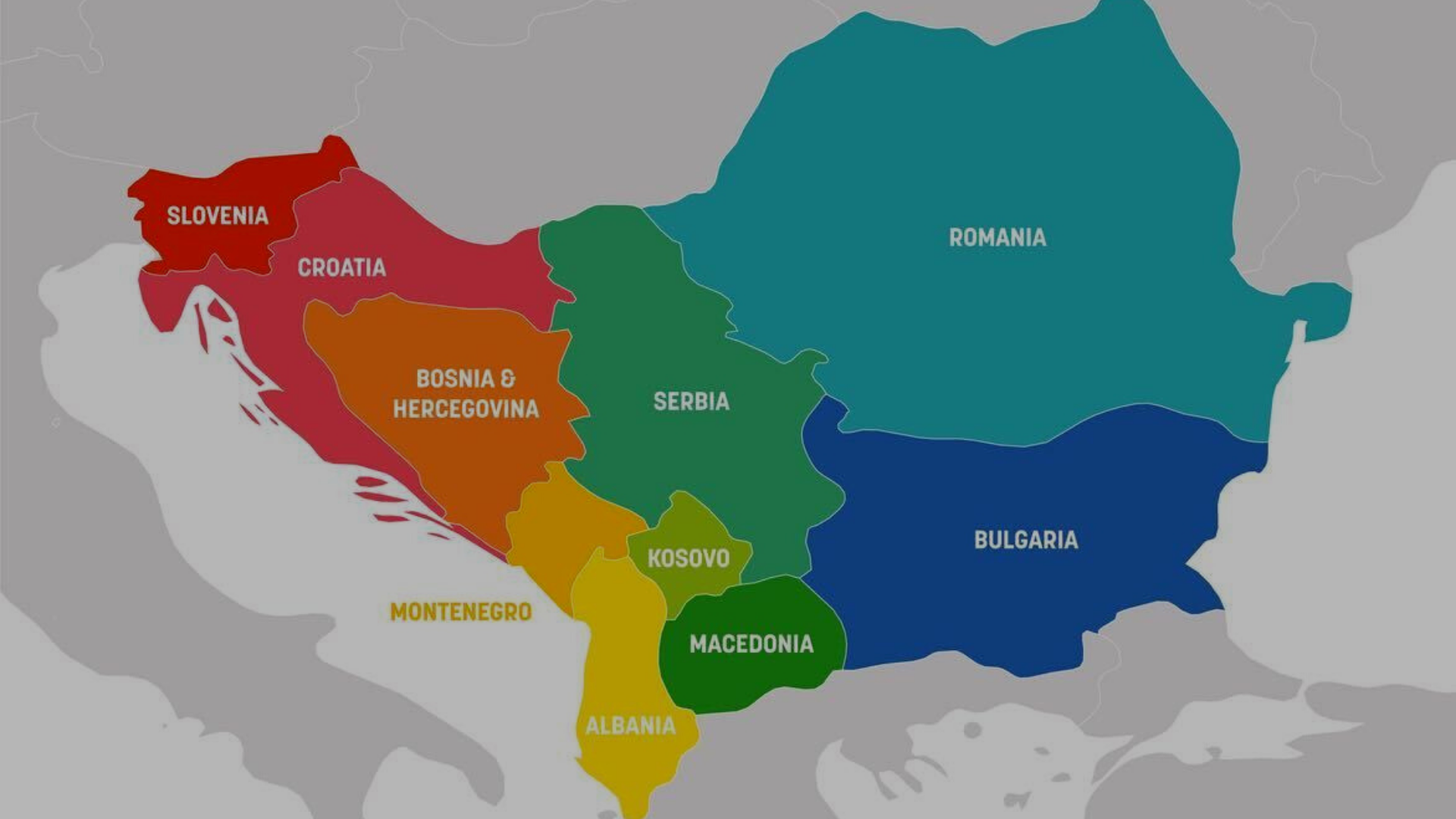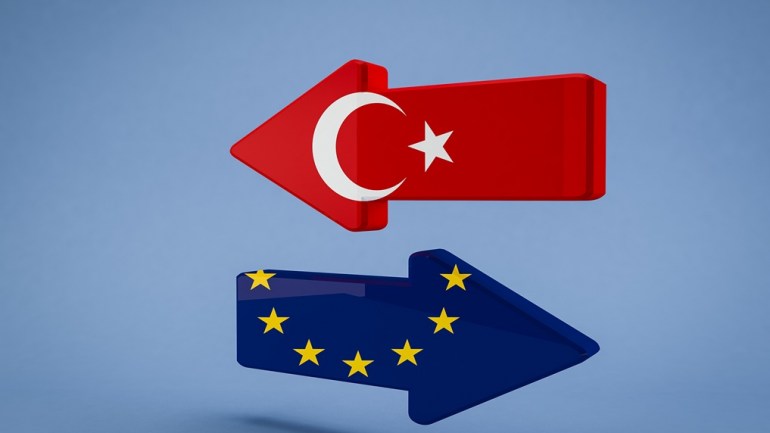
In the backdrop of the Ukrainian crisis, EU-Russia relations have undoubtedly been severed. The Russian conflict in Ukraine heightened ‘longstanding tensions’ within the Western Balkans[1]. The Western Balkan Six comprises of Albania, Bosnia and Herzegovina (Bosnia), Kosovo, Montenegro, North Macedonia and Serbia. With the current conflict in Ukraine, the Balkans is expected to become a “battlefield for ideas’’, as Russian influence increases in the region.[2]
As the EU-Russian cohesion become untethered, the EU prepare to monitor the situation in the region as the vulnerability of the region becomes an increasing concern.[3] The High-Representative of the Union for Foreign Affairs and Security Policy, Josep Borrell, sees the crisis between EU and Russia as a “moment to reinvigorate the enlargement process as to anchor the Western Balkans firmly to the [EU]”.[4] However, with blurred cross-border linguistic ties, the EU had done little to dissolve tensions from its recent history, which may limit these efforts.
Click Here to Red the Entire Paper
______________________________________________
[1] https://unherd.com/thepost/the-ukraine-crisis-is-dividing-the-balkans/
[2] https://www.intellinews.com/balkan-flashpoints-after-russia-s-invasion-of-ukraine-238639/?source=serbia
[3] https://www.euronews.com/my-europe/2022/03/17/in-kosovo-fears-that-russia-could-inspire-a-new-serbian-offensive
[4] https://eeas.europa.eu/headquarters/headquarters-homepage/112762/north-macedonia-remarks-high-representativevice-president-josep-borrell-press-conference_en



